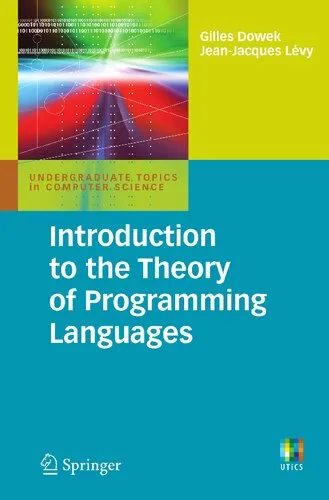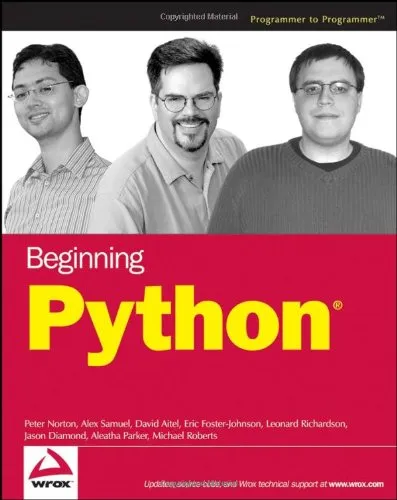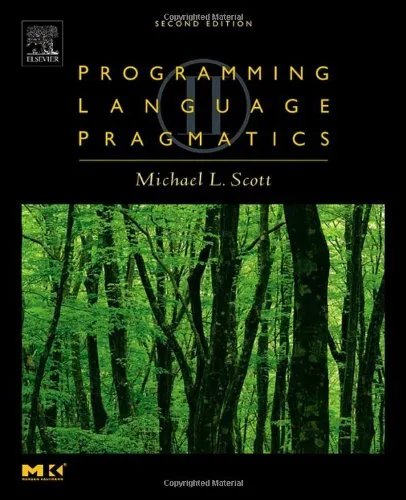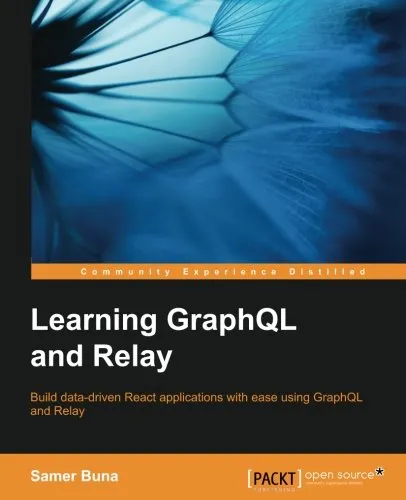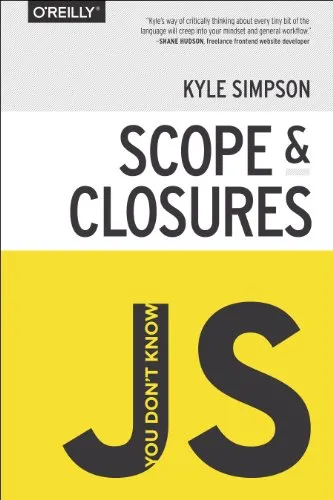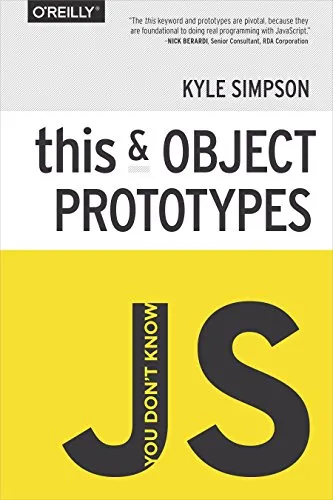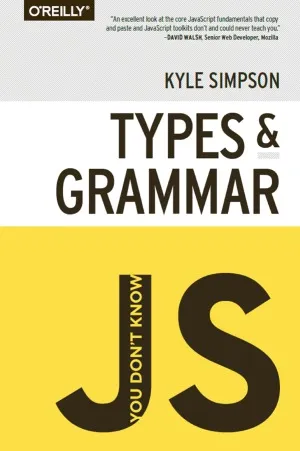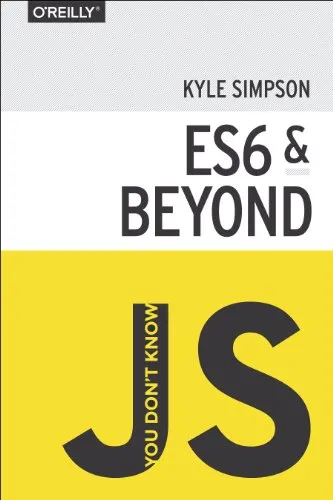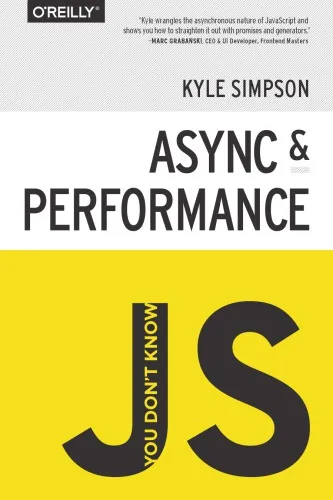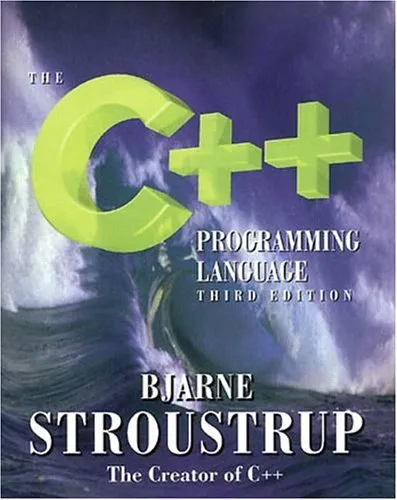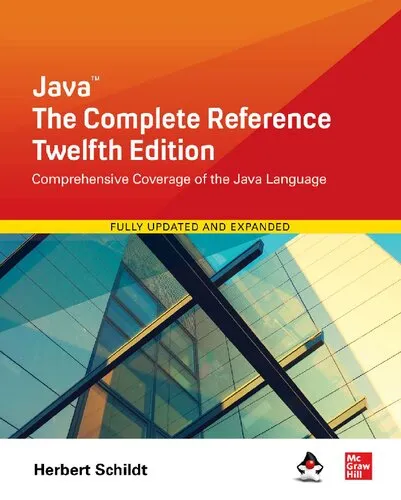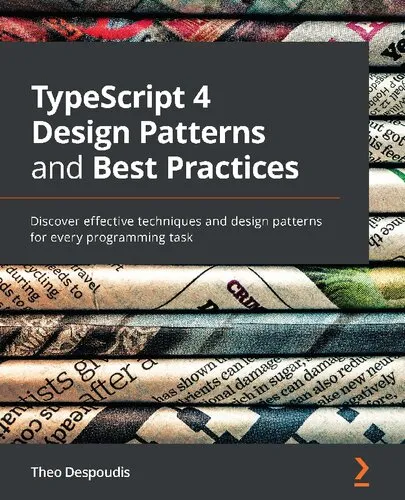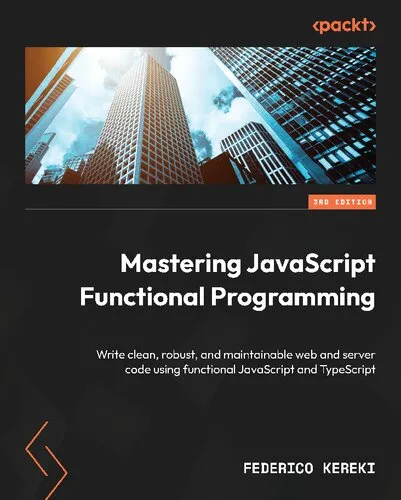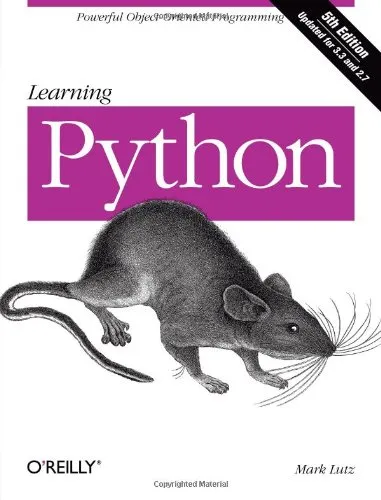Introduction to the Theory of Programming Languages (Undergraduate Topics in Computer Science)
4.5
Reviews from our users

You Can Ask your questions from this book's AI after Login
Each download or ask from book AI costs 2 points. To earn more free points, please visit the Points Guide Page and complete some valuable actions.Related Refrences:
The design and implementation of programming languages, from Fortran and Cobol to Caml and Java, has been one of the key developments in the management of ever more complex computerized systems. Introduction to the Theory of Programming Languages gives the reader the means to discover the tools to think, design, and implement these languages. It proposes a unified vision of the different formalisms that permit definition of a programming language: small steps operational semantics, big steps operational semantics, and denotational semantics, emphasising that all seek to define a relation between three objects: a program, an input value, and an output value. These formalisms are illustrated by presenting the semantics of some typical features of programming languages: functions, recursivity, assignments, records, objects, ... showing that the study of programming languages does not consist of studying languages one after another, but is organized around the features that arepresent in these various languages. The study of these features leads to the development of evaluators, interpreters and compilers, and also type inference algorithms, for small languages.
Free Direct Download
You Can Download this book after Login
Accessing books through legal platforms and public libraries not only supports the rights of authors and publishers but also contributes to the sustainability of reading culture. Before downloading, please take a moment to consider these options.
Find this book on other platforms:
WorldCat helps you find books in libraries worldwide.
See ratings, reviews, and discussions on Goodreads.
Find and buy rare or used books on AbeBooks.
1333
بازدید4.5
امتیاز0
نظر98%
رضایتReviews:
4.5
Based on 0 users review
Questions & Answers
Ask questions about this book or help others by answering
Please login to ask a question
No questions yet. Be the first to ask!
